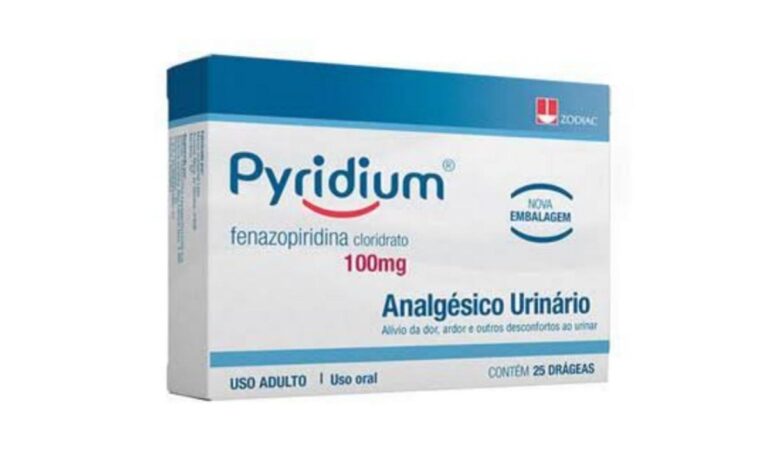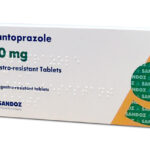Phenazopyridine (Pyridium): Uses, Dosage Side Effects, Interactions

Phenazopyridine is a medication that relieves urinary tract pain, burning, irritation, and discomfort, as well as urgent and frequent urination caused by urinary tract infections, surgery, injury, or examination procedures. However, phenazopyridine is not an antibiotic; it does not cure infections.
There are several brands of phenazopyridine which include:
- Azo-Standard®
- Baridium®
- Nefrecil®
- Phenazodine®
- Prodium®
- Pyridate®
- Pyridium®
- Sedural®
- Uricalm®
- Uristat®
- Uropyrine®
- Urodine®
- Urogesic®
How should Phenazopyridine be used?
Phenazopyridine comes as a tablet or capsule to take by mouth. It usually is taken three times a day after meals. Do not chew or crush the tablets as it may cause your teeth to become stained; swallow them whole with a full glass of water. You may stop taking this drug when pain and discomfort completely disappear. Follow the directions on your prescription label carefully, and ask your doctor or pharmacist to explain any part you do not understand. Take phenazopyridine exactly as directed. Do not take more or less of it or take it more often than prescribed by your doctor.
Other uses for this medicine
This medication is sometimes prescribed for other uses; ask your doctor or pharmacist for more information.
What special precautions should I follow?
Before taking phenazopyridine,
• tell your doctor and pharmacist if you are allergic to phenazopyridine or any other drugs.
• tell your doctor and pharmacist what prescription and nonprescription medications you are taking, including vitamins.
• tell your doctor if you have or have ever had kidney disease or glucose-6-phosphate dehydrogenase (G-6-PD) deficiency (an inherited blood disease).
• tell your doctor if you are pregnant, plan to become pregnant, or are breastfeeding. If you become pregnant while taking phenazopyridine, call your doctor.
What should I do if I forget a dose?
Take the missed dose as soon as you remember it. However, if it is almost time for the next dose, skip the missed dose and continue your regular dosing schedule. Do not take a double dose to make up for a missed one.
What are the possible side effects of Pyridium?
Phenazopyridine may cause serious side effects including:
• little or no urination
• swelling
• rapid weight gain
• confusion
• loss of appetite
• pain in your side or lower back
• fever
• pale or yellowed skin
• stomach pain
• nausea
• vomiting
• blue or purple appearance of your skin
Get medical help right away, if you have any of the symptoms listed above.
The most common side effects of Phenazopyridine include:
• headache
• dizziness
• upset stomach
Tell the doctor if you have any side effect that bothers you or that does not go away.
These are not all the possible side effects of Phenazopyridine. For more information, ask your doctor or pharmacist.
Call your doctor for medical advice about side effects. You may report side effects to FDA at 1-800-FDA-1088.
CAUTION: Federal law prohibits dispensing higher doses of phenazopyridine without prescription.
What other drugs could interact with Phenazopyridine?
There may be an interaction between phenazopyridine and any of the following:
• topical anesthetics (e.g., benzocaine, bupivacaine, lidocaine, prilocaine, procainamide)
• dapsone (topical)
• nitric oxide
If you are taking any of these medications, speak with your doctor or pharmacist. Depending on your specific circumstances, your doctor may want you to:
• stop taking one of the medications,
• change one of the medications to another,
• change how you are taking one or both of the medications, or
• leave everything as is.
An interaction between two medications does not always mean that you must stop taking one of them. Speak to your doctor about how any drug interactions are being managed or should be managed.





